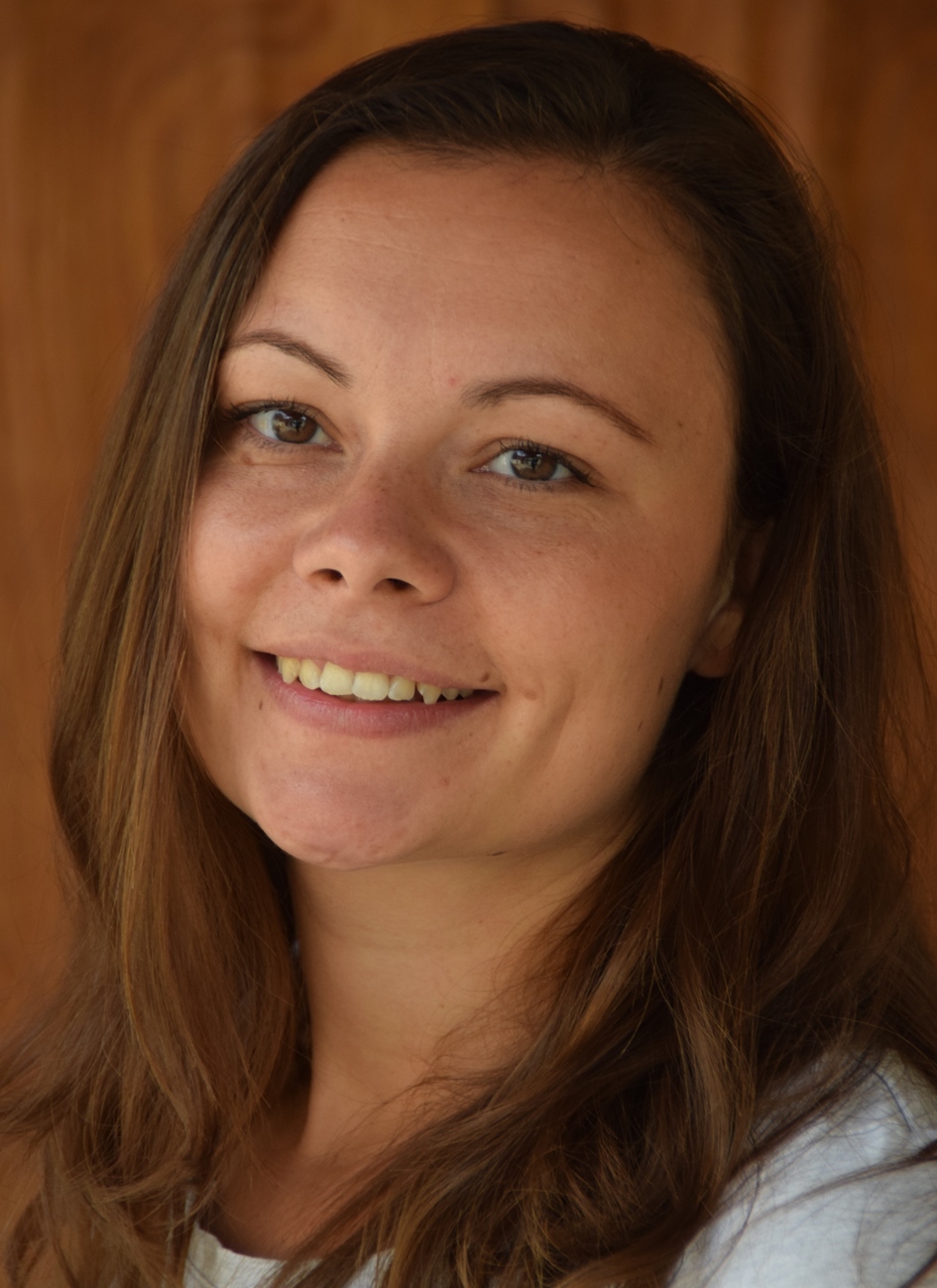Dr. Julia Osterman
 | Julia Osterman | ORCID iD: 0000-0002-9142-3580 Web of Science ResearcherID: AAJ-8589-2020 |
| University of Gothenburg | ||
| e-mail: jul.osterman | ||
Research
I am interested in the bee ecology, wild bee conservation and the essential contribution of bees to agriculture: pollination of crops. My aim is to get a better understanding how crop pollination can be integrated into farm management to attain sustainable yields for a growing human population and to ensure farmers` livelihood. For example, I investigate how the agricultural landscape (i.e. cultivation of oilseed rape) effects pollination of a co-flowering crop (apple). Also, I am interested into farmers` knowledge and perception of pollinators across the globe. By interviewing farmers, I aim to contribute to a better understanding of local and indigenous knowledge, to prevent further losses of bee diversity and abundances. Also, my research contributes to an understanding of how on-farm management decisions (e.g. use of pesticides, floral strips, crop rotation) alter bee abundances and diversity and consequently pollination services. This was the focus of the NutriB2 and PoshBee projects, as well as the current RestPoll project.
Vita
| since 2023 | Visiting researcher at the Chair of Nature Conservation and Landscape Ecology, University of Freiburg |
| 12/2021 - 2022 | Research assistant at the Chair of Nature Conservation and Landscape Ecology, University of Freiburg |
| 02/18 - 09/21 | PhD student, Martin Luther University Halle-Wittenberg, Institute of Biology, General Zoology Thesis: The ecology of crop pollination and its integration into farm management to ensure sustainable and stable crop yields. Supervised by: Prof. Dr. Robert J. Paxton |
| 06/18 – 06/19 | Parental leave |
| 09/16 – 01/17 | Internship at NGO Yunkawasi, Andean bear research in Northern Peru |
| 02/15 – 08/16 | Environmental analyst at the Kaminsky Naturschutzplanung GmbH |
| 07/15 – 04/16 | Parental leave |
| 10/12 –06/14 | Environmental Science - Soil, Water and Biodiversity University of Hohenheim and Swedish University of Agricultural Science Master of Science, Master Thesis: Neonicotinoids and Honey bee health |
| 10/09 –07/12 | Environmental Science with minor subject hydrology, Albert-Ludwigs-University Freiburg |
Awards
02/20 | Granted host for the DAAD RISE program |
| 02/18 | Grant for women in science from the Martin-Luther University Halle-Wittenberg, Germany |
09/14 | Best poster presentation at the ICPPR conference in Ghentel |
| 07/14 | Helmut-Aurenz-Scholarship for financing a research project in Europe |
| 11/13 | Best poster presentation at the ELLS students’ conference in Vienna |
| 09/13 | Germany Scholarship financed by Karl Schlecht foundation |
ResearchGate
GoogleScholar
Publications
-
Wyckhuys, K.A.G., Abram, P.K., Barrios, E., Cancino, J., Collatz, J., Fancelli, M., Klein, A.M., Lindell, C.A., Osterman, J., Pinto, M., Tang, F.H.M., Tena, A. & Elkahky, M. (2025): Orchard systems offer low-hanging fruit for low-carbon, biodiversity-friendly farming. BioScience biae140. https://doi.org/10.1093/biosci/biae140
Fijen, T.P.M., Eeraerts, M., Osterman, J., Beyer, N., Hass, A., Lundin, O. & Westphal, C. (2025): Crop diversification for pollinator conservation. Landscape Ecology 40: 19. https://doi.org/10.1007/s10980-024-02027-3
Osterman, J., Mateos-Fierro, Z., Siopa, C., Castro, H., Castro, S., Eeraerts, M. (2024): The impact of pollination requirements, pollinators, landscape and management practices on pollination in sweet and sour cherry: A systematic review. Agriculture, Ecosystems & Environment 374: 109163. Link
Eeraerts, M. & Osterman, J. (2024): Wildbienen verbessern die Bestäubungsleistungen von Honigbienen. European Fruit Magazine 4: 6-7. Link
- Willcox, B.K., Potts, S.G., Brown, M.J.F., […] Osterman, J., […] Wintermantel, D. et al. & Senapathi, D. (2023): Emerging threats and opportunities to managed bee species in European agricultural systems: a horizon scan. Scientific Reports 13: 18099. online first. doi: 10.1038/s41598-023-45279-w. Link
- Leclercq, N., Marshall, L., Weekers, T., […] Osterman, J. et al. & Vereecken, N.J. (2023): Global taxonomic, functional, and phylogenetic diversity of bees in apple orchards. Science of The Total Environment 901: 165933. Link
- Hellström, S., Strobl, V., Straub, L., Osterman, W.H.A., Robert J. Paxton, R.J. & Osterman, J. (2023): Beyond generalists: The Brassicaceae pollen specialist Osmia brevicornis as a prospective model organism when exploring pesticide risk to bees. Environmental and Sustainability Indicators 18: 100239. Link
- Mazi, S., Paxton, R.J. & Osterman, J. (2023): A subset of wild bee species boosts the pollination of pigeon pea (Cajanus cajan: Fabaceae), an important crop plant of Cameroon. Journal of Apicultural Research 62: 598-606. Link
- Osterman, J. (2022): Hur går det för äppleträden om honungsbin föredrar raps? Gadden. 3 pp. 14-17. Link
- Osterman, J., Wintermantel, D. & Klein A.M. (2022): Welche Produkte Bienen gefährden. BWagrar. 32 pp. 16-17. Link
- Osterman, J., Wintermantel, D. & Klein, A.M. (2022): Verbot von Sulfoxaflor - Der Nachfolger von Neonikotinoiden ist auch gefährlich. bienen&natur. 8 pp. 34-36. Link
